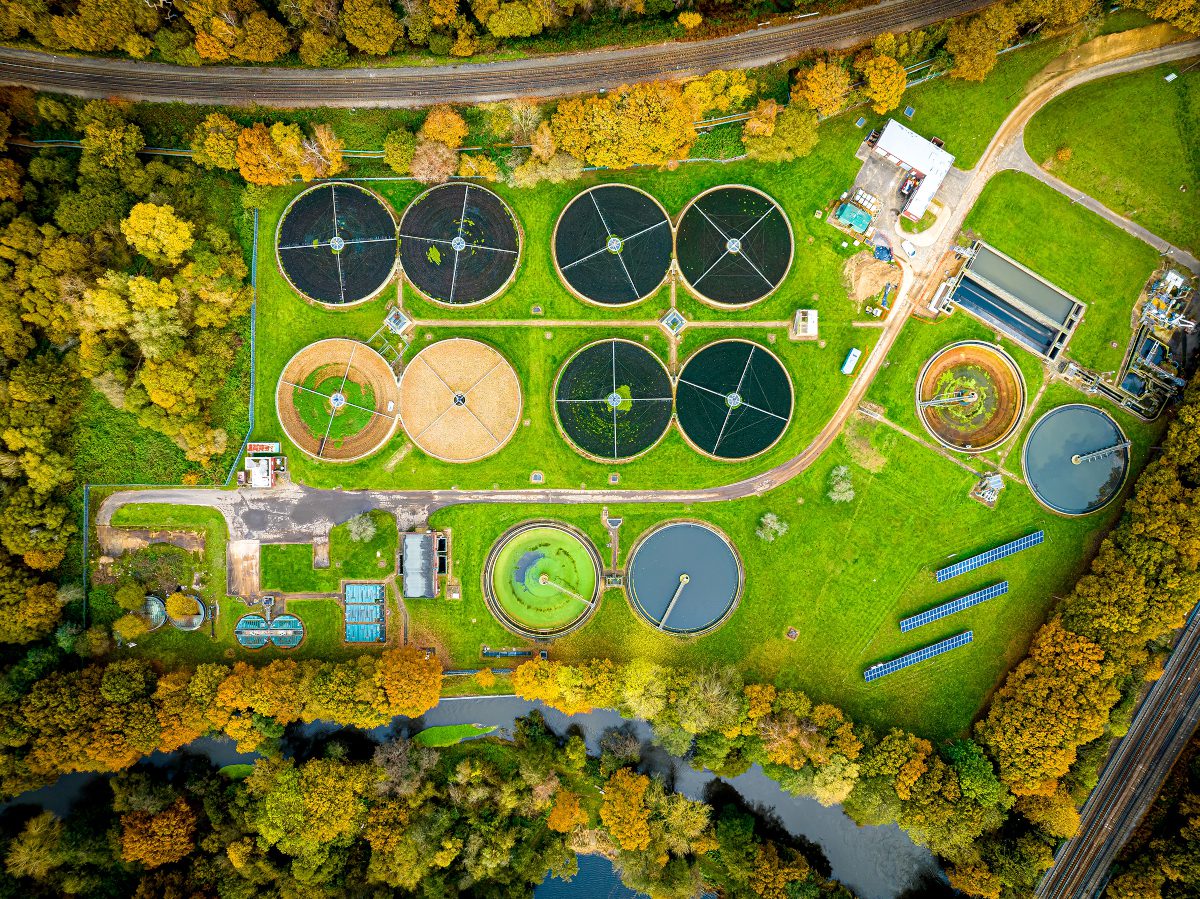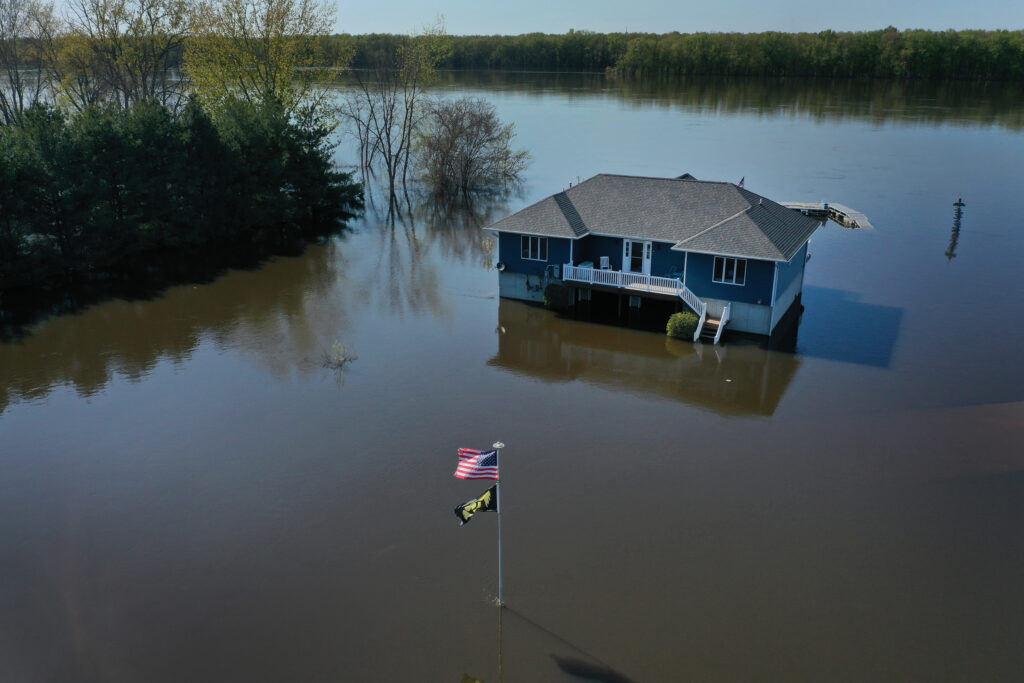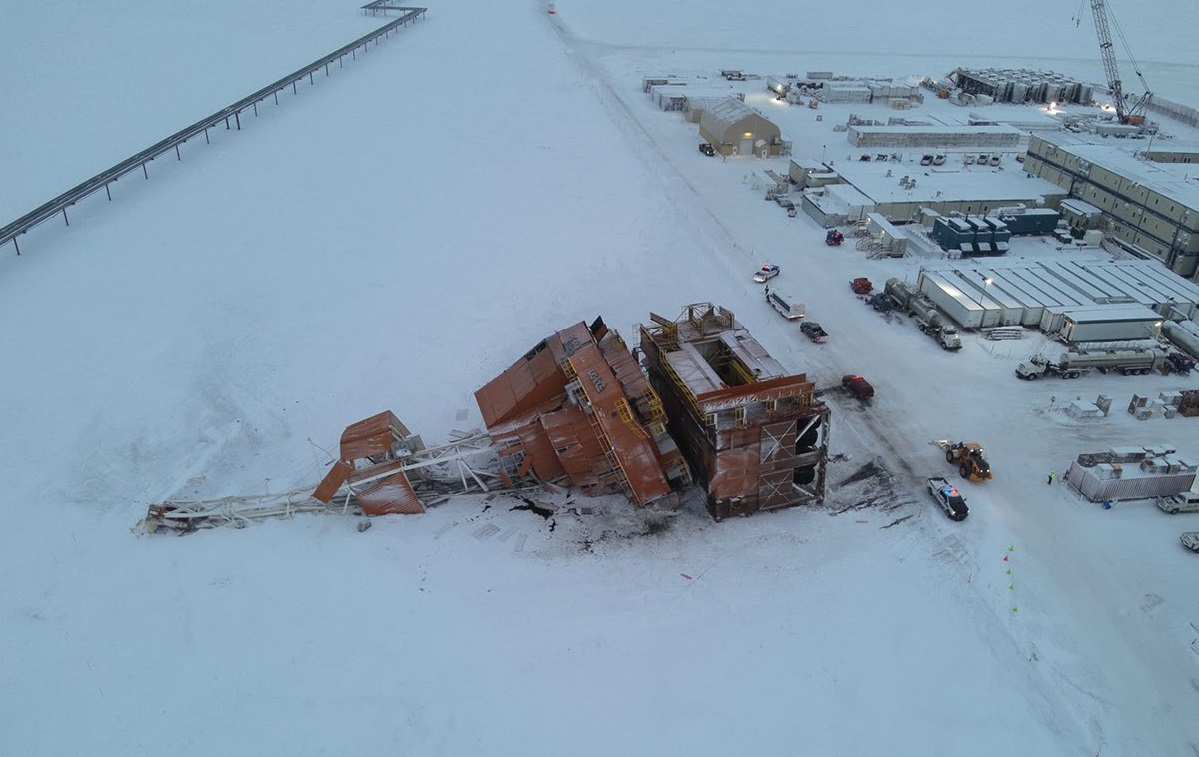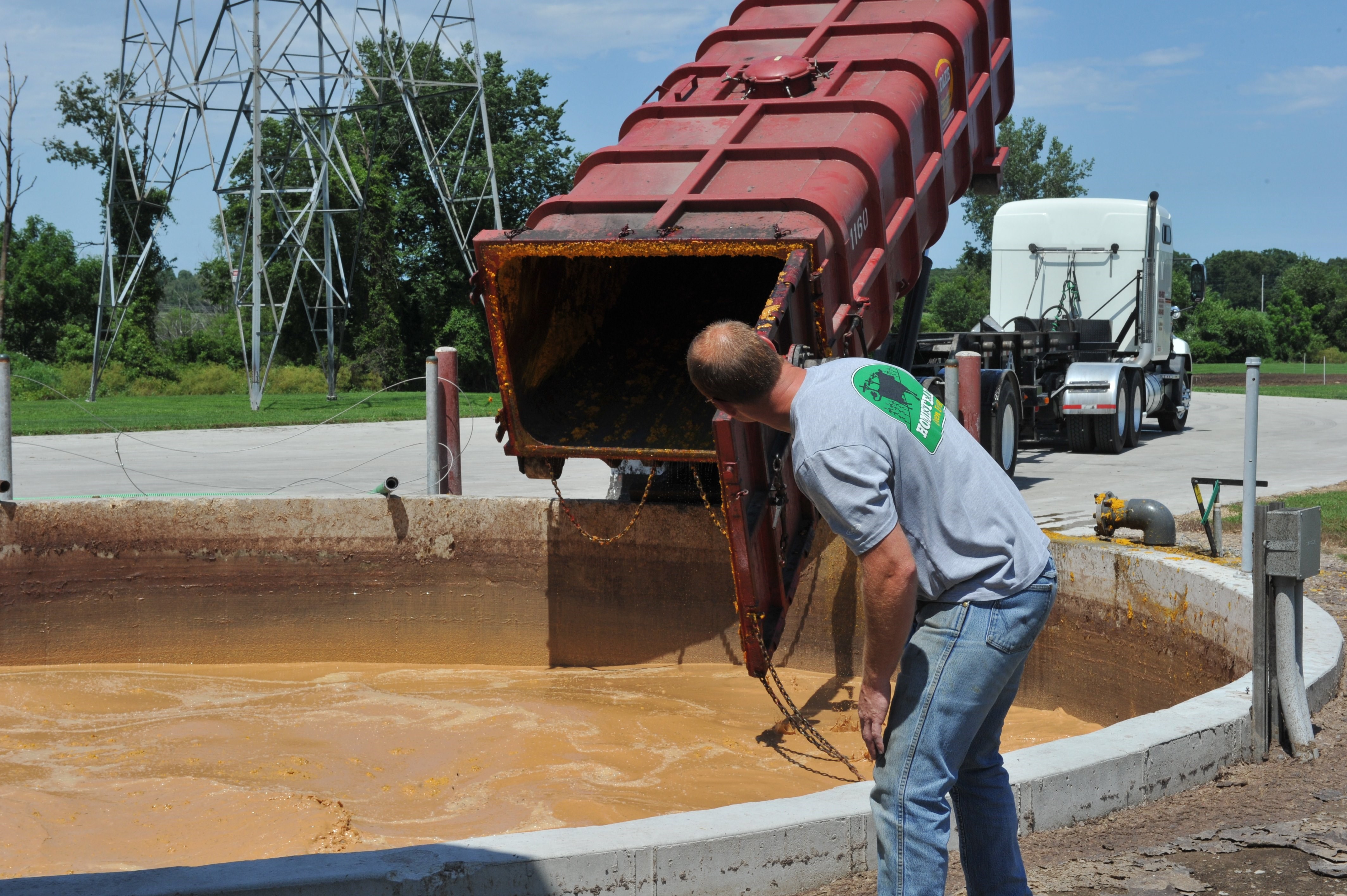A robust move towards preventative, source-control solutions to prevent pollutants from entering the wastewater system in England and Wales was a key recommendation of the Independent Water Commission (IWC), which unveiled its Final Report on 21 July. This indicates a fundamental shift towards a more holistic and preventative approach to environmental management within the water sector and the latest research from UK Water Industry Research (UKWIR) offers a tangible pathway forward for one of the sector’s biggest issues.
The research project FOG charging – should foodservice wastewater charges reflect FOG content? is now available on UKWIR’s website and directly addresses a persistent challenge to wastewater infrastructure resilience. It investigates whether wastewater charges for foodservice businesses should more accurately reflect the fat, oil, and grease (FOG) content of their discharges.
It explores the viability of a FOG-based charging system, aiming to incentivise improved FOG management practices at source, reduce costly sewer blockages, and create a more equitable financial burden for maintaining vital wastewater infrastructure.
A fatty issue
FOG accumulation is a primary contributor to sewer blockages, necessitating extensive and expensive clean-up operations, increasing the risk of environmental pollution, and potentially leading to property flooding.
According to industry body Water UK, FOG contributes to thousands of sewer blockages each year, which costs the UK nearly £200 million a year to clear. The primary source is commercial and residential kitchens, with around 70% of sewer blockages caused by FOG from food service establishments (FSEs).
Despite existing legislation requiring businesses to prevent waste from blocking the sewer network, a staggering 69% of FSEs currently have no FOG management system in place. In addition, over a fifth of these businesses are unaware of FOG remediation techniques.
“This isn’t just about compliance; it’s about empowering businesses to mitigate costly operational disruptions, protect their brand reputation, and contribute to a healthier water environment,” explains Alison Edwards, drainage and wastewater manager at Welsh Water, who was UKWIR’s co-programme lead on the project- alongside Nick Mills, director of innovation and environment at Southern Water.
“This research is key to highlighting the FOG issue. It can be used by water companies to ensure businesses take action to stop FOG getting into the sewers; therefore, resolving the root cause of blockages with incentivisation.”
Seasonal strain
Seasonal fluctuations in FOG discharges place considerable pressure on the UK’s wastewater networks. During the summer, increased activity in tourist destinations and FSEs can lead to a surge in FOG entering the sewerage system.
While warmer temperatures can initially keep FOG in a more liquid state, allowing it to travel further through the network, the problem intensifies as temperatures drop in winter. Colder conditions accelerate FOG solidification, contributing to the formation of more robust and widespread blockages.
Data consistently indicates an increase in blockage incidents and associated remediation costs during these periods, highlighting the tangible seasonal impact on network performance.
FOG charging
Under Section 111 of the Water Industry Act 1991, businesses are required by law to make sure their waste does not block or damage the sewer network. By more accurately attributing costs to those responsible for FOG discharges, UKWIR argues it encourages fairer cost recovery for water companies grappling with substantial operational expenditures linked to FOG-related blockages and environmental compliance incidents.
“By exploring FOG-specific charges, UKWIR aims to establish a framework that helps businesses streamline their FOG management, ultimately contributing to a more sustainable and cost-effective operation,” added Edwards.
For the full report and more detailed findings, please visit https://ukwir.org/3e338c29-478f-4366-ae39-5a18fb599253?object=e798fafe-adff-4b68-b353-0bc4e4392b06
















